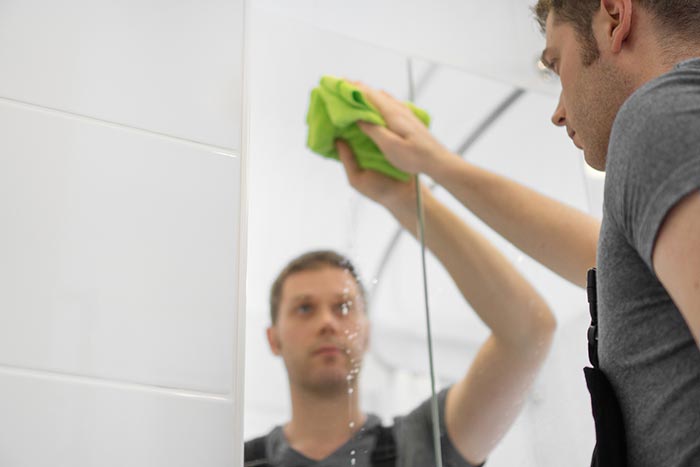Bringing people into your home is extremely personal and when it entails hiring staff who will have access to highly confidential, as well as intimate details of your life, it is even more important to ensure that proper considerations are taken into account. Identifying and retaining trustworthy, loyal and proficient domestic staff can present unique challenges for both the employee and employer.
It is of utmost importance that these relationships are embarked upon thoughtfully by all parties to minimize the possibility of turnover and effectively manage expectations to create a roadmap for success. Generally speaking, domestic staff is expected to be extremely flexible with a history and knowledge of any and all aspects of caring for luxury estates. There will often be long hours comprised of a range of tasks both small and large. A domestic professional may be required to be -all things to all people – in the household; from planning and executing a formal dinner, housekeeping duties or running errands for the Principal(s) one day to organizing the logistics of a family trip and ensuring that all members have the necessary items for travel the next.
As an employer, retaining exceptional staff improves moral, overall operations and ultimately saves time and money. In an attempt to reduce turnover, it is important to acknowledge and address what are some of the main reasons for turnover.
- Micro-management by an employer or manager is the number one reason domestic staff will leave their positions. There is a fine line between overseeing staff to ensure that tasks are executed in a manner that meets expectations and shadowing them to the point that you inhibit their efficiency and performance. As a manager, it is critical to show trust, to be fair and reasonable while creating an environment that encourages a high level of performance. In areas not as pivotal to your preferences, allowing the employee to exhibit their judgment and autonomy in the completion of their tasks, will keep them engaged and dedicated to their work long-term.
- Excessive and continual over-time may lead to burnout and increase turnover. It is common for salaried professionals to be expected to significantly increase their work hours during busy periods without additional pay as acknowledgement for the increase in work. Anything over 50 hours per week for a consistent period of time, warrants consideration of a bonus or additional time off, when the principal(s) schedule permit. Alternatively, if the employee is highly compensated from the onset of employment with the understanding that hours will frequently vary above 50 hours per week and flexibility is required, this will reduce the possibility of frustration due to misaligned expectations or the feeling of being undervalued as an employee.
- Turnover is often attributed to misaligned expectations. Identifying the perfect person for a position within the home begins with clearly defining the role and responsibilities. As an employer be very clear about your likes or dislikes. It is helpful to have a manual for operations and procedures during onboarding, that articulates the preferences of the Principal(s), other family members and regular guests. Such a guide provides a roadmap and is an invaluable tool in the care of your residence and providing high-quality service to you and your family.
- Communication – while domestic professionals are accustomed to being adaptable and flexible with service-oriented attitudes, it is still vital to notify your staff of any changes in schedules, routines or special needs as soon as possible. This is not only as a courtesy which your staff will greatly appreciate, it will inevitably ensure that changes are able be incorporated smoothly while maintaining a high-level of performance and opportunity to anticipate any unforeseen disruptions that may have occurred had your staff been caught off guard by the changes.
- Create and maintain a productive working relationship with domestic employees through regularly scheduled staff meetings. As a manager, consistently making and taking the time to engage directly with your staff to encourage feedback and an opportunity for them to share their concerns, ideas, and suggestions with you will increase efficiency, loyalty and long-term job satisfaction. Use these conversations as a chance to acknowledge an employee’s hard work, efficiency, creativity and/or other valuable skills they exhibit that are appreciated.
- A successful working relationship between domestic staff and employer, like any professional engagement, requires a mutual respect by all parties. Showing appreciation for the work of an employee will have a significant impact on maintaining a harmonious, productive and long-term relationship that is beneficial for all. Recognizing the desire of your staff to meet and exceed expectations while exhibiting a pleasant client-service oriented demeanor is no small feat and is highly respectable across all professions.







